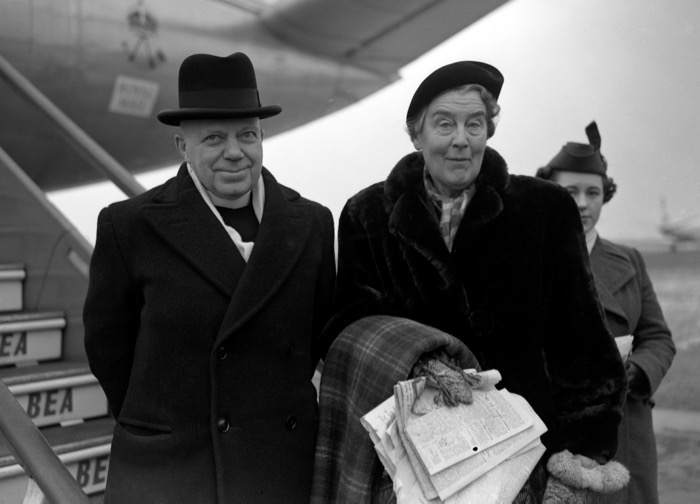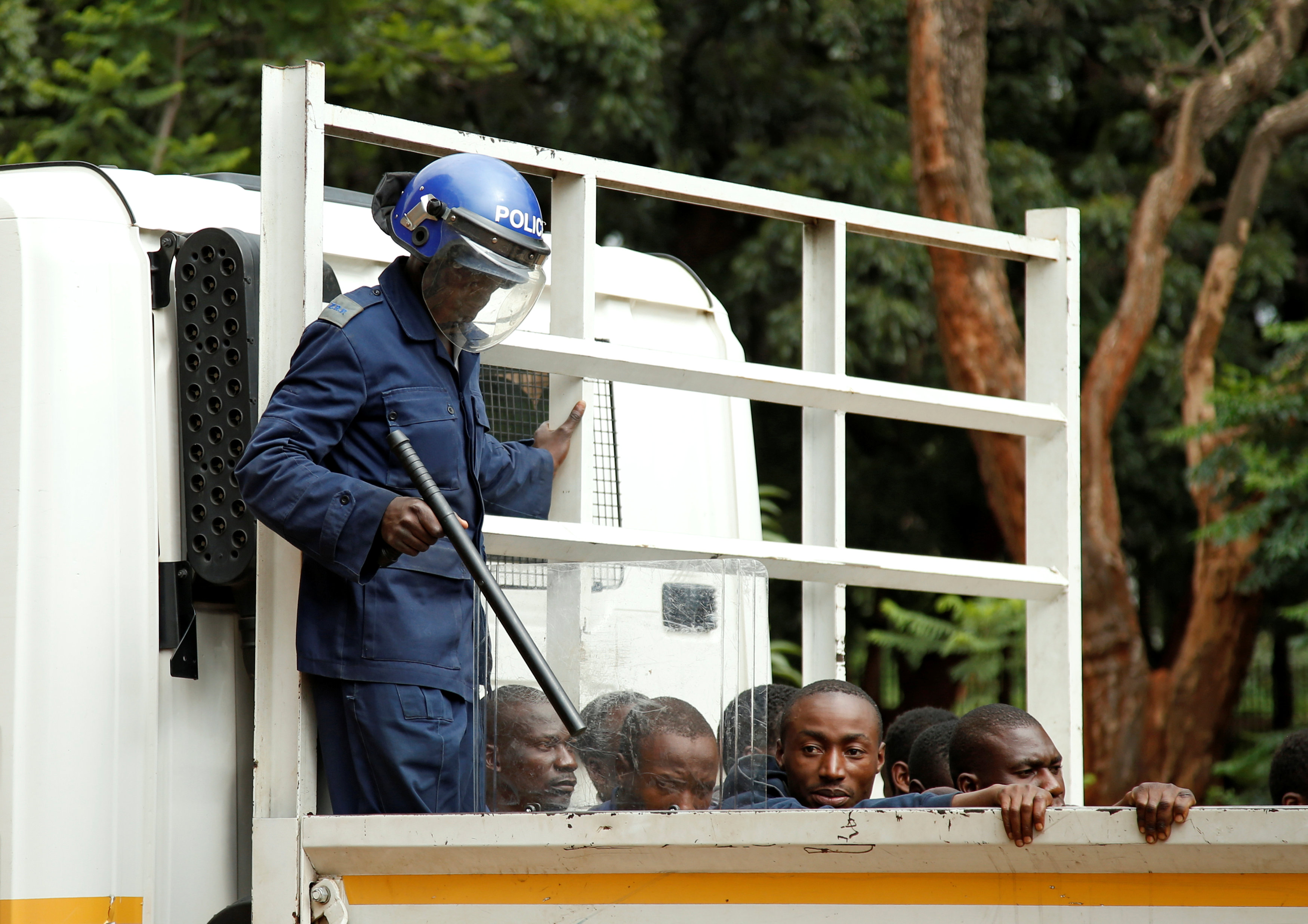Church and civil society leaders in Zimbabwe have urgently called upon the state to restore the rule of law in the country and reject all violence as reports of a brutal crackdown by security forces on anti-government protestors continue to emerge.
The Zimbabwe Council of Churches said on 21 January that it had learnt that violence, intimidation and arbitrary arrests “were rife”.
“In some instances gun-wielding military elements are alleged to be at the forefront of the violence”, the ecumenical Christian group, of which the Zimbabwe Catholic Bishops’ Conference is an associate member, continued.
The group called for all soldiers to “return to their barracks” and for “an immediate return to constitutionalism and respect of citizens’ rights and freedom”.
“Pressing challenges affecting the majority of Zimbabwean citizens can only be resolved through peaceful and non-violent means,” the statement continued.
Reports have emerged that police and soldiers have killed at least eight people, wounded scores and arrested hundreds since demonstrations began on 14 January following a hike in the price of fuel.
The Zimbabwe’s Human Rights Commission (ZHRC) has accused security forces of “systematic torture”.
The force used on those who died or were injured, and supported by medical reports, pointed to police brutality, a ZHRC commissioner told reporters on 23 January.
It said the torture was "organised" in that security forces had targeted largely young men close to where barricades had been erected, and near areas torched or looted by protesters or looted.
The commission detailed reports of security forces entering houses at night and making men, and even boys as young as 11, lie on the ground where they were then beaten.
"The deployment of the army in quelling civilian disturbances leads to loss of life and serious bodily injuries and other human rights violations, yet the government continues to make such deployments," the statement said.
“It is clear that a widespread systematic attack is taking place against the people of Zimbabwe,” Ben Freeth, executive director of charity, the Mike Campbell Foundation, told the Tablet.
Freeth said the army were moving around towns and in high-density areas, often in vehicles without number plates. Entire families have been severely beaten with batons and sjamboks (heavy whips). “I have spoken to family members as young as 10 years old beaten in this way. I have also heard of younger children beaten like this,” he said. He said that hundreds of people have been abducted, some remain missing and some have been kept in police custody in terrible conditions, some with broken bones. None have been granted bail. Freeth said he heard reports of a new army unit trained specifically for the purpose of beating and abducting people.
Pastor Evan Mawawire, who instigated the #thisflag protest movement against Robert Mugabe in 2016, has been arrested and, so far, denied bail. He faces 25 years in jail for the charge of trying to overthrow a Constitutional Government unconstitutionally.
“The main objective appears to be to bring us all into a state of fear. With the collapse of the economy due to the severe corruption and lawlessness that has prevailed for so many years, the only way the current government can retain power is through the barrel of the gun,” said Freeth.
President Emmerson Mnangagwa, who cut short his trip to the World Economic Forum in Davos in order to deal with the crisis, said violence by security forces was “unacceptable and a betrayal of the new Zimbabwe.”
“Misconduct will be investigated. If required, heads will roll,” Mnangagwa tweeted on 23 January, calling for a “national dialogue” with churches, civil society and the opposition.
Nelson Chamisa, leader of the main opposition party, Movement for Democratic Change, said there was an urgent need for dialogue and that all detainees should be freed.
“In order to dialogue, one’s tongue must be free to talk. The tongues of the nation are tied in jails (and) many others by fear. This must end,” Chamisa said in a statement.



 Loading ...
Loading ...